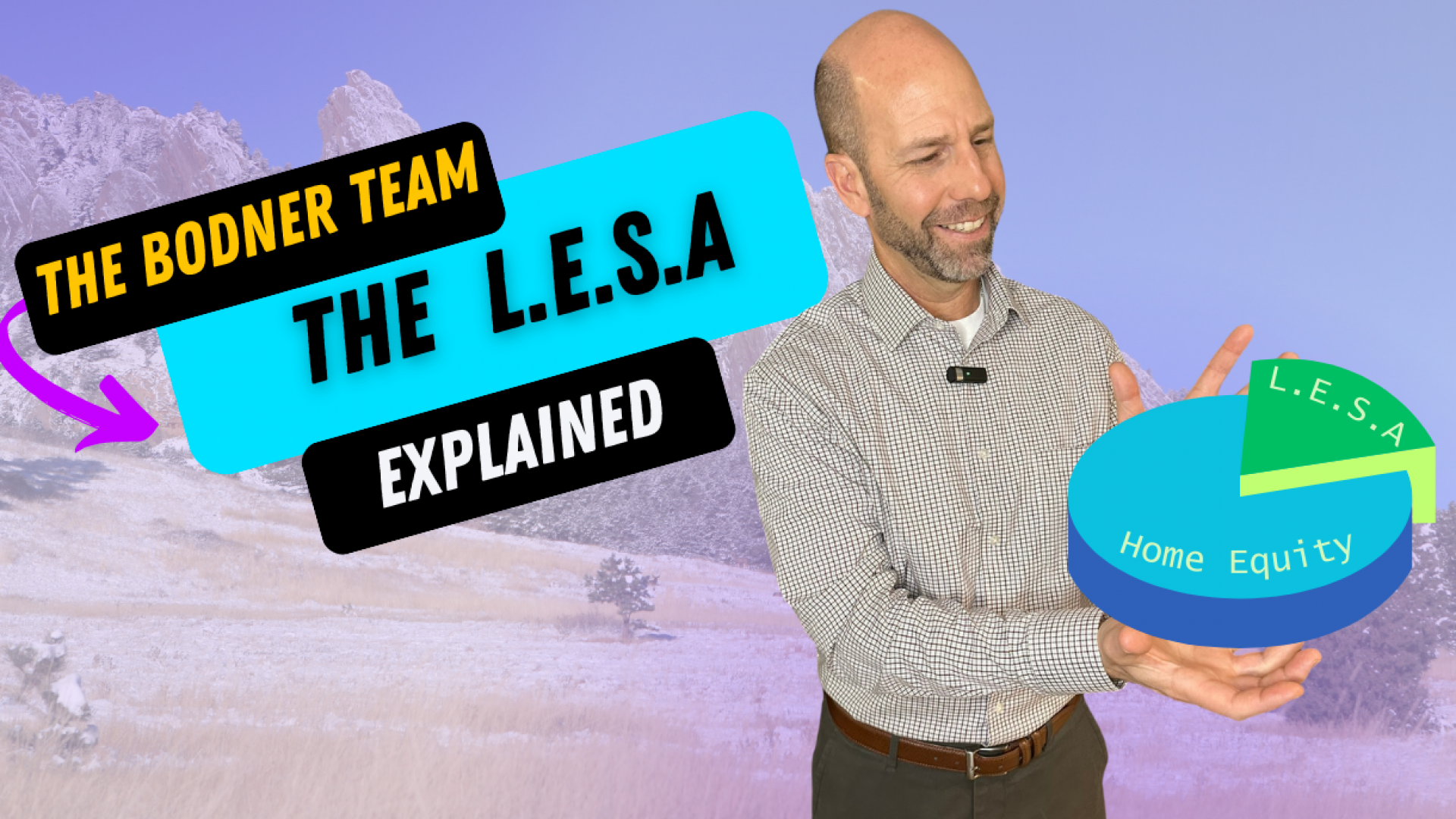There is an old saying that Benjamin Franklin once said, “nothing in the world is certain except death and taxes”. Well, if you have lived in Colorado for more than a few years, you have personally witnessed that property taxes have certainly increased. As a matter of fact, the average Colorado home gained 37% in value (according to 9News) based on the latest reassessment data, which is likely to increase property taxes by 25% on average.
Unfortunately, property taxes are an ongoing obligation whenever you own real estate, even if you pay off your mortgage. Therefore, you will never get out of paying property taxes on your home. Or can you get out of paying them? No, you cannot get out of paying them, but I am here to tell you that you have a few programs that allow you to effectively use some of your home equity to pay your property taxes rather than your hard-earned cash. That’s right, there are a couple of fantastic options that allow you to use your home equity to pay your property taxes. So, let’s take a look at these options.
First, Colorado has what is called a Senior tax deferral program. The senior tax deferral program is offered by the State of Colorado, and it allows you to postpone tax payments on your primary residence until you sell your property, or your estate is settled after your death. Interest is applied to the amount you defer so this is not free money. Each year, you can defer either the whole amount of your property taxes, or half your tax bill. To clarify, this is a different program than the Senior Homestead Property tax exemption. Here are the requirements to qualify for the Senior tax deferral program:
- You must be 65 years old on or before January 1 of this year.
- You cannot be earning income from the property (e.g., renting the property), but you can have a home office.
- If your property is in a trust, you must be named the trustee and the beneficiary of the trust.
- If you have a reverse mortgage, you likely cannot receive tax deferral (your lender must agree to subordinate).
Secondly, there is an option to have your property taxes and homeowner’s insurance both be paid from your home equity when you get a reverse mortgage (Home Equity Conversion Mortgage). This can be at the request of the homeowner or a requirement from the lender. Not many people take advantage of this program, but it is a great option that allows you to use your home equity to pay your ongoing property charges. This is like an escrow account or an impound account on a traditional mortgage, but in a reverse mortgage it is called a Life Expectancy Set Aside (LESA). This program was added to the Home Equity Conversion Mortgage as an option in 2016 when the Financial Assessment was created. The Financial Assessment was added in 2016 to assess a homeowner’s credit history and payment history on their property expenses (property taxes, homeowner’s insurance, and HOA dues) when applying for a reverse mortgage.
The goal of the financial assessment is for the lender to determine if the homeowner ultimately has the financial capability to pay their ongoing housing expenses and if they have a track record of paying them on time in the past. If the outcome shows that the homeowner is unable to pay these expenses going forward or has not shown an on-time payment history in the past, the lender can require a LESA to be set up. The lender will then use this account to pay the property taxes and homeowner’s insurance for the borrower going forward.






